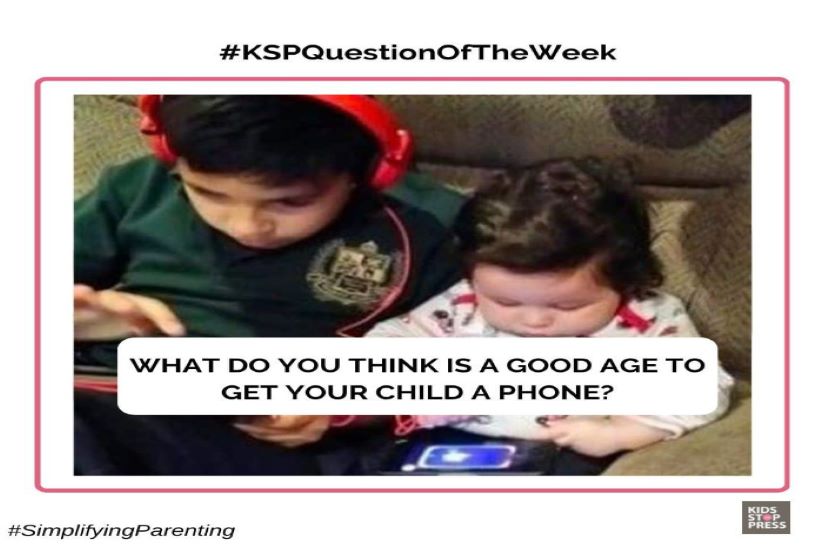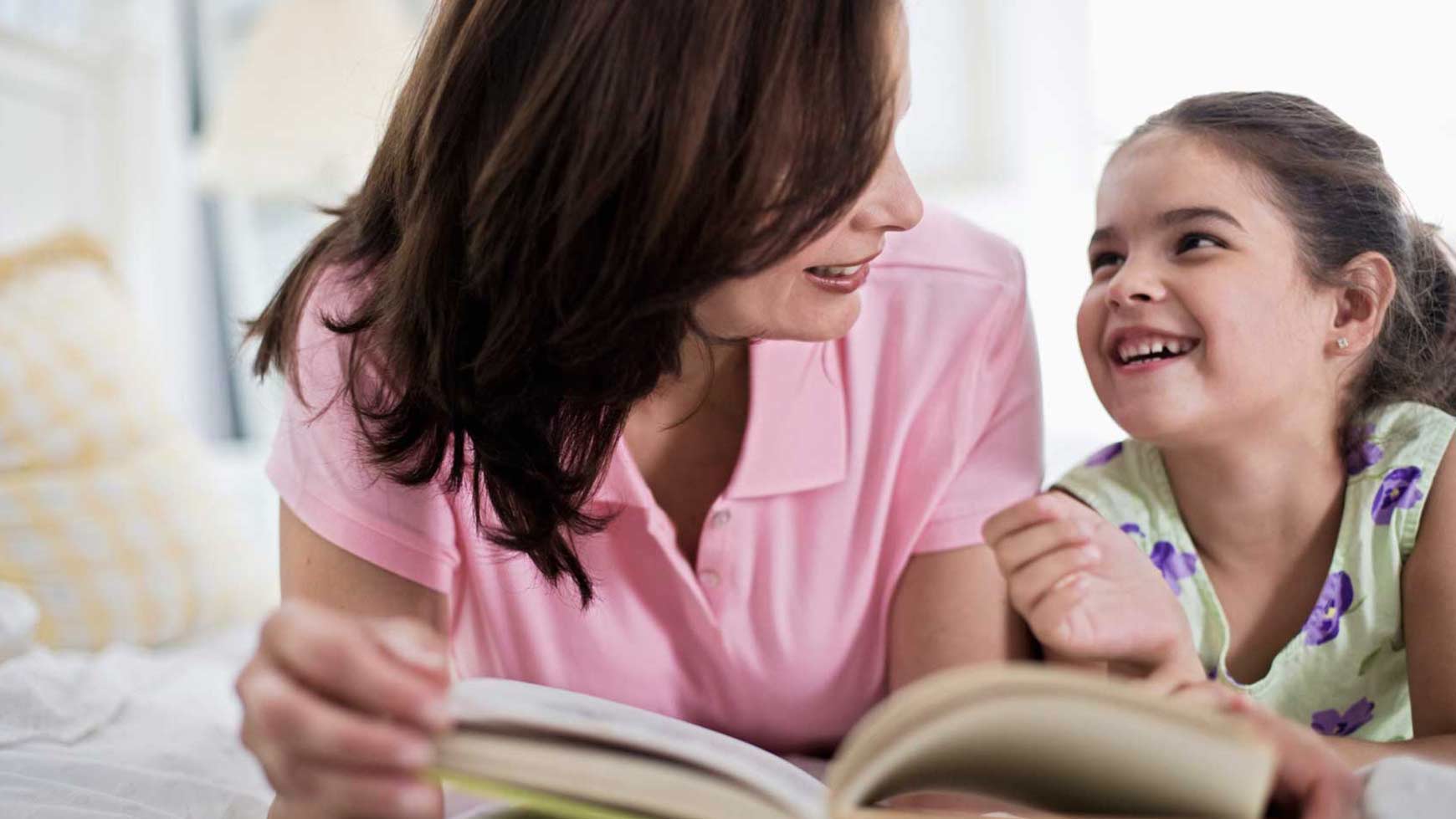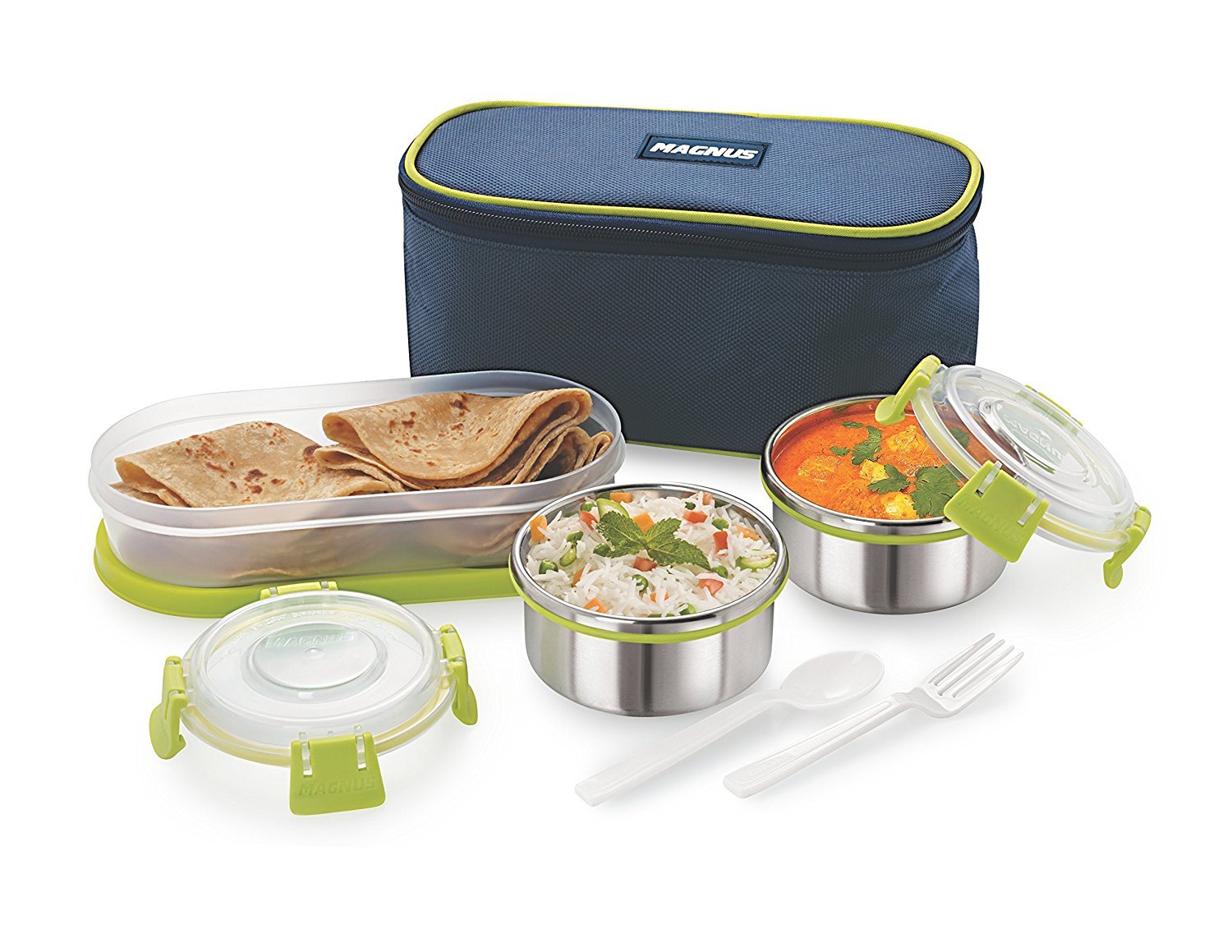This article is contributed by Priyanka Bakhru Talwar for Kidsstoppress.com. Priyanka Bakhru Talwar is a counselor, clinical hypnotherapist, writer and holistic healing practitioner. She specialises in relationship counseling, inner child therapies and Mindful Parenting.

My four year old recently started swimming lessons with a few friends. I was a bit nervous because she had always resisted putting her head underwater, and despite the fact that she was prepared for the class, I still didn’t know how it would go. Predictably, she panicked within a couple of seconds of practicing the head dunk and proceeded to spend the rest of the first class in a corner. Later at home, in my efforts to understand and help her through the barrier, I tried several motivating as well as reassuring tactics. Second class onwards, the coach insisted that the mommies leave.
When the moms came back to pick up their kids, imagine my utter surprise and delight to not only see my daughter being completely comfortable underwater, but also already mastering the art of kicking. The therapist in me was filled with rampant curiosity on how the coach achieved this mini-miracle. He said two things that have prompted this article – one, that it helps to not have parents around and two, my daughter told him that she wanted to learn so she could show off her skills to her parents!
As parents, we are used to believing that we know our kids completely, and that they are always comfortable around us. As they grow beyond the home environment, however, each child is developing a sense of individuality. This means forming external relationships. With grandparents. With teachers. With classmates and friends. With uncles and aunts. With parents of friends. They receive inputs from all these sources and they develop a sense of who they are. A lot of these interactions happen outside of our direct observation, the more so as they get older.
Why parents still matter
What stays constant is that parents remain the key audience for the child’s efforts. If you think about it, that never really goes away. Most adults are still motivated by the need to either impress their parent. Every drawing or activity or skill that your child is learning in school, her motivation is mostly to win praise or appreciation from you. You may suddenly feel that your child is resisting learning from you, and believe that he is blocking you out. The truth however, is likely that she so desperately wants to make you proud, that she is trying to learn from all other sources and bring the skills back, like little trophies, to you.
The opposite could also occur i.e. that your child demonstrates pleasing and easy behaviours with you as parents, but is a complete hellion elsewhere. I know a lot of mothers who find it hard to believe that their child pushed or hit or misbehaved, simply because that is not how they see their child at all.
Keep active communication open
Therefore, to know your child’s development in totality, it is crucial to keep an active feedback system in place with all caregiver and teachers. A bi-annual PTM may perhaps only scratch the surface. If possible, have informal chats with the teachers during drop off and pick up. Take the queries beyond the learning of the skill, to other equally important concerns. Is the child happy? Accommodating? Friendly? Active? What does your child say about home?
A lot of the child’s emotional development could get missed or spread over multiple caregivers and influencers that make up his day. It is important to know, for example, whether your child tries new skills or tasks easily, or does she lurk at the back, unsure. This could help you catch a developing insecurity and nip it in the bud. Or perhaps that he is saying things, harmless though they may be, about home or parents, that are completely made-up. This could help you to resolve a complex about his home vs. his friends’ that he may be developing.
Make that effort to know your kids entirely. To help them develop an open, curious and friendly personality. Be a mindful parent.
Don’t forget to follow us on Facebook, Twitter & Instagram or subscribe to our Youtube Channel for more information.




















